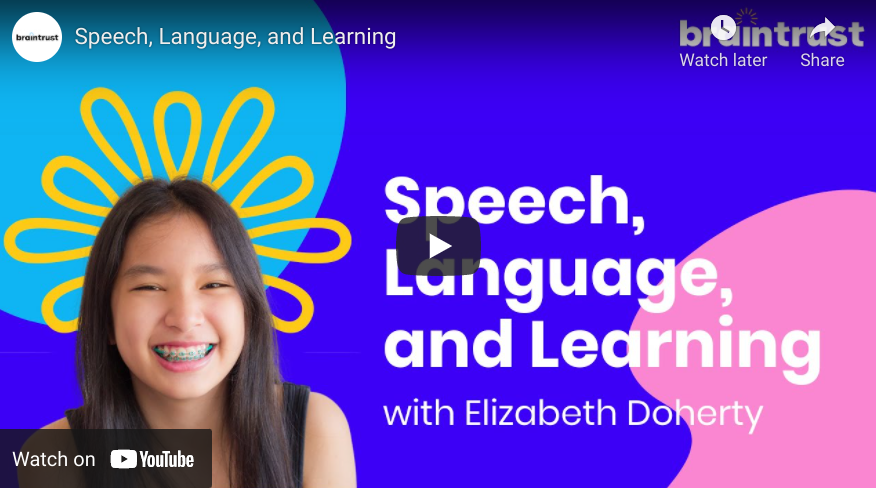
By Eleanor Charlie, education blogger
Leisure reading serves dual purposes. It can develop kids’ language skills and provide entertainment. But current data from the National Assessment of Educational Progress reveals that the number of children who read for pleasure is currently at an all-time low.
We know we can’t force kids to love reading. However, there are ways to teach kids how to fall in love with reading. The people in a child’s life who are most likely to be able to do this are a child’s parents and their reading teacher. If inspiring passionate readers is something you’re interested in, you might consider pursuing a career as a reading specialist.
Map out your career as a reading specialist
Being a reading specialist can look a lot of different ways. Many schools hire reading specialists, sometimes as full-time or part-time teachers, and sometimes as outside contractors. Some reading specialists prefer to work privately or one-on-one with students outside of the classroom, through tutoring or privatized small group instruction. Our reading tutors here at Braintrust, for example, provide individualized instruction so that children can master foundational reading skills. They focus on phonemic awareness, phonics, and multi-sensory instruction, giving children enriched learning opportunities that they might not normally get in the classroom.
Opportunities for reading specialists exist outside of the direct instructional setting as well. Academic institutions like libraries and resource centers sometimes hire reading specialists to find texts suitable for specific audiences. Reading specialists can also serve as consultants to assist publishers and organizations in creating instructional content that is suitable for different kinds of learners.
Pursue educational programs
How do you get started on your career as a reading specialist? One option is to pursue studies in communication science. This field involves courses focused on education as well as communication disorders, thus equipping you with a range of skills for holistic learning and language development. Another option is to earn a Master’s degree (M. Ed), Educational Specialist degree (EdS), or doctorate (EdD or PhD) in Education with a focus on reading and literacy. As a part of your studies, you’ll get hands-on experience applying your skills working with school-age students.
Whether you need to pursue a requirement or you want to further strengthen your skills, advanced studies in reading and literacy will help you develop your toolkit for working with diverse learners, and will help you provide effective instruction for students from different backgrounds and with different needs.
Build up your experience as an educator
Whether you begin with a bachelor’s degree or graduate studies, any program will include training in lesson planning, differentiation, and classroom management strategies. You’ll learn how to apply these skills as a student or assistant teacher under the guidance of a more experienced educator. This combination of academic studies and hands-on experience is sure to help you build confidence before beginning any role as a reading specialist at a school.
In addition, some states require reading specialists to have professional experience as teachers before qualifying for certification. For instance, candidates who want to work in New York need to complete the edTPA performance assessment for teaching, as well as participate in the Dignity for All Students Act training workshop.
Meet your state's requirements for certification
If you’ve met the educational and professional requirements, the final step is to get certified as a reading specialist. Currently, there are 32 states where the endorsement for reading instruction is included in the licensure examination for teachers.
Some states are stricter than others when it comes to requirements for certification. For example, there are 21 states that require candidates to undergo rigorous testing to demonstrate their knowledge in the five components of reading instruction. Be sure to look into the specific requirements for the state in which you want to be qualified to teach.
As with many careers, the path toward becoming a certified reading specialist is challenging but rewarding. One of the best parts is turning self-conscious and reluctant readers into confident and passionate bookworms through solid instruction and deep connections. Building a love of reading is one of the most impactful effects a teacher can have on a student!




